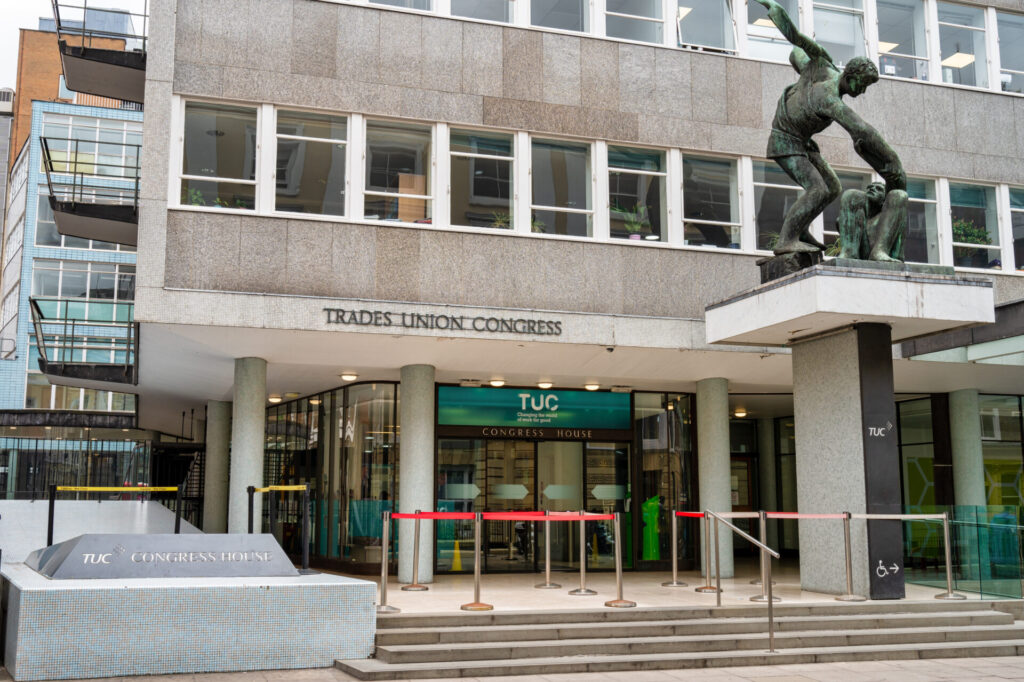CEOs with high academic qualifications and strong organisational influence are far more likely to pursue corporate decarbonisation strategies, according to new research from Durham University Business School.
The study, led by Anthony Kyiu, assistant professor in finance at Durham, alongside Frank Obenpong Kwabi of De Montfort University and Gbenga Adamolekun of Edinburgh Napier University, examined almost 900 companies across 26 countries over a 20-year period from 2000 to 2021. It found that both education and executive power are key drivers behind CEO-led efforts to reduce corporate carbon emissions.
“Companies consume a significant amount of fossil fuels, which has resulted in growing pressure from environmental activists and green investors for firms to reduce their carbon emissions,” said Professor Kyiu. “Notably, about 100 firms are estimated to be responsible for 71% of global carbon emissions. If companies gave these CEOs greater power, and tied their financial incentives to decarbonisation, we could see a huge increase in the reduction of carbon emissions globally.”
The research assessed firm-level governance and financial data, alongside greenhouse gas emissions and CEO compensation packages. It found that highly educated CEOs are more likely to take initiative on environmental issues, likely because they better understand long-term risks and sustainability imperatives. Meanwhile, powerful CEOs—those with greater autonomy and decision-making authority—are more inclined to act on decarbonisation because their incentives are increasingly tied to the firm’s financial performance.
According to the researchers, companies moving towards net-zero goals are more attractive to investors, giving CEOs with performance-linked pay a strong reason to pursue environmental targets.
Diversity within company boards was also highlighted as a significant factor. Boards comprising members from a variety of national backgrounds and age groups were found to exert additional positive influence on CEOs, encouraging more robust environmental strategies.
The study concludes that decarbonisation is no longer simply a CSR issue but a business-critical priority—one that not only benefits the environment but also enhances firm value and executive prospects.

















